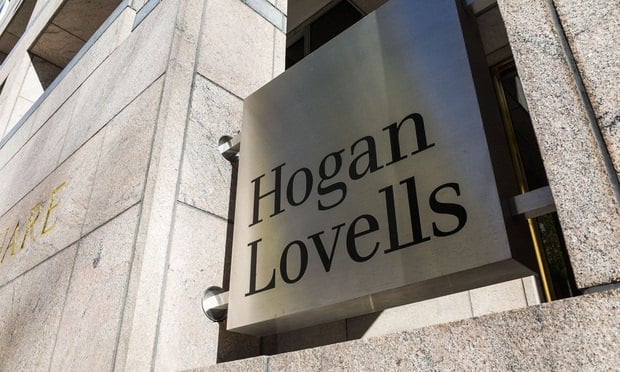It has now been five years since the adoption of the US Sarbanes-Oxley Act. Although the corporate scandals that spurred the introduction of the Act have receded from the headlines, Sarbanes-Oxley and the compliance requirements it imposes remain fresh in the minds of non-US companies and their advisers. Concerns about US regulation have arguably resulted in fewer non-US companies accessing the US public markets. Certainly, the statistics have shown a decline in US exchanges’ market share of initial public offerings by non-US companies, but recent reforms may stem this decline.
 For some time after Sarbanes-Oxley was passed, there was more action simply to implement the law than to address the concerns about its implementation. As non-US companies continued to avoid the US markets and domestic market, participants struggled to deal with new regulations, however, complaints about the US regulatory regime gained momentum. The past 12 months have seen members at the highest levels of government call for reforms. In addition to initiatives by the Bush administration, the US Congress has held a number of hearings and, earlier, this year senator Charles Schumer and New York mayor Michael Bloomberg issued a report calling for action.
For some time after Sarbanes-Oxley was passed, there was more action simply to implement the law than to address the concerns about its implementation. As non-US companies continued to avoid the US markets and domestic market, participants struggled to deal with new regulations, however, complaints about the US regulatory regime gained momentum. The past 12 months have seen members at the highest levels of government call for reforms. In addition to initiatives by the Bush administration, the US Congress has held a number of hearings and, earlier, this year senator Charles Schumer and New York mayor Michael Bloomberg issued a report calling for action.








